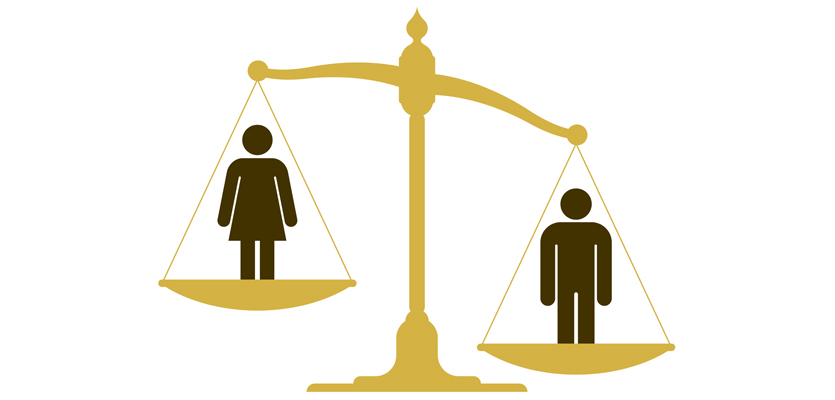Despite several campaigns against gender inequality, women in Africa still battle discrimination. According to the McKinsey Global Institute, more than half of Africa’s population is female. Yet, they only generate 33 per cent of Africa’s collective GDP. There is no difference in politics, where African women make few contributions to policy-making. These statistics verified the 2019 Global Gender Summit report that proposes gender inequality as one of Africa’s greatest threats in the future.
To promote gender inclusion, the African Union adopted the ‘Protocol to the African Charter on Human and Peoples’ Rights on the Rights of Women in Africa’ (Maputo Protocol) in 2003. The protocol validates women’s rights to social and political equality with men. Also, it empowers women’s autonomy of choice in reproductive health. Since its adoption, only 42 African countries have ratified the protocol out of 55 members of the African Union. Africa should emphasise women’s active participation in political activities and protect their right to make reproductive health decisions before the protocol can fully effect.
- Only God knows Nigeria’s next leaders — Muslim students
- The essential Nigerian electorate’s New Year resolutions
Women contribute better to political decision-making when actively involved. The introduction of gender quotas in some countries, like South Africa and Kenya, has given women a better opportunity to access policy-making bodies, according to the International Institute for Democracy and Electoral Assistance (IDEA). Through the gender quota system, women have positions allocated for them by selection or election. This policy protects women’s rights to attain offices with minimal competition and contributes actively to policies that can affect them. In Africa, about 16 countries have constitutional quotas for parliamentary representation. Rwanda, among others, provides constitutional backing for women to occupy at least 30 per cent of positions in decision-making organs. As one of the top five leading countries in gender equality, Rwanda has witnessed a decline rate of 11 per cent in poverty levels as of 2021. Women’s ability to drive social accountability through active political inclusion is one reason attributed to this economic improvement. Promoting proportional representation for women in politics will fulfill Article 9 of the Maputo Protocol. Such representations can be legislated reserved seats, practised in Tanzania and Uganda, or a voluntary party quota system, as observed in South Africa.
Intentional efforts to promote gender inclusion will make them give better recommendations beneficial to women’s causes. Empowering women through political participation and full access to reproductive health rights will increase societal development and provide more creative minds for overall progress across African countries following the Maputo Protocol.
Phillip Anjorin is a Writing Fellow for African Liberty

 Join Daily Trust WhatsApp Community For Quick Access To News and Happenings Around You.
Join Daily Trust WhatsApp Community For Quick Access To News and Happenings Around You.


